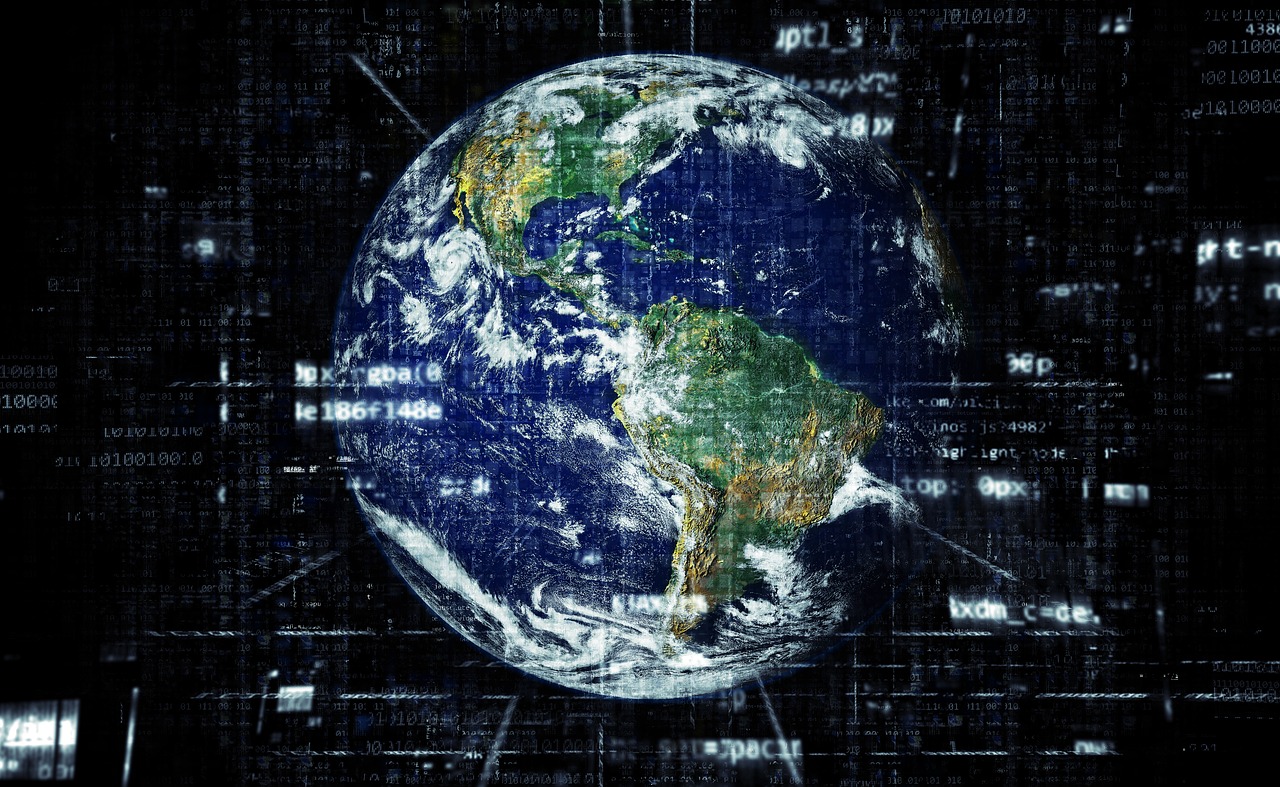
A new report has estimated that the more than 18,000 hours of internet shutdowns globally due to deliberate government action cost over $8 billion in 2019.
The report, published by the internet research firm Top10VPN, showed that more than $8 billion was lost due to deliberate Internet shutdowns by governments.
In terms of terms of the amount of time the internet was down, India, Chad and Myanmar ranked at the top while Iraq was the most affected economically, losing around $2.3 billion across 263 hours of internet blackouts and social media shutdowns.
The report examined partial and total shutdowns across 122 countries and used previous studies by the internet freedom watchdog Netblocks and advocacy group The Internet Society.
Researchers Samuel Woodhams and Simon Migliano said: "In economic terms, disruptions not only affect the formal economy but also the informal, especially in less well-developed nations. There can also be lasting damage with the loss of investor confidence and faltering development, all of which makes our estimates conservative."
"On the human rights side, these shutdowns clearly impact citizens' freedom of expression and the right to information and may even result in an increase in violence," they added.
Over the last five years, the number of internet shutdowns globally has increased dramatically as governments use them to control unrest and protests.
Freedom House, a Washington-based non-governmental organization, stated that as of 2019, almost half of the world's population lives in a country "where authorities disconnected internet or mobile networks, often for political reasons."
According to Access Now, an advocacy group that tracks internet freedom, an internet blackout in Indian-controlled Kashmir, which is currently at 158 days and counting, is the longest ever in a democracy.
The Internet shutdown follows the influx of Indian troops into Kashmir after India decided to remove the region's legal autonomy. David Kaye, the United Nations special rapporteur on freedom of opinion and expression, has described the ongoing shutdown as a "communications siege" and "collective punishment without even the allegation of an underlying offense."






